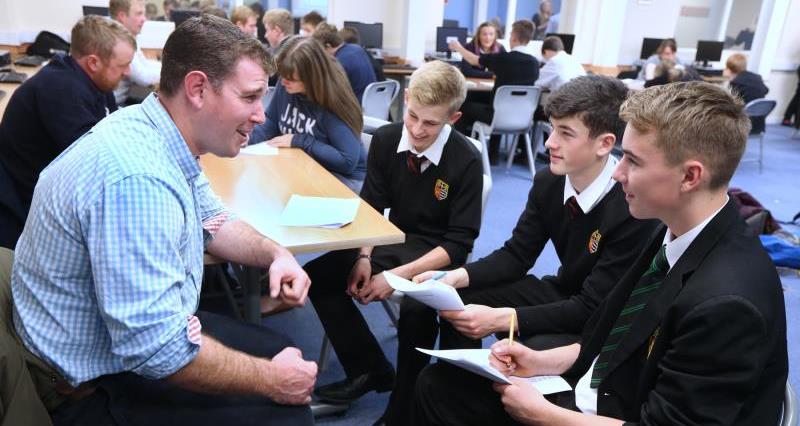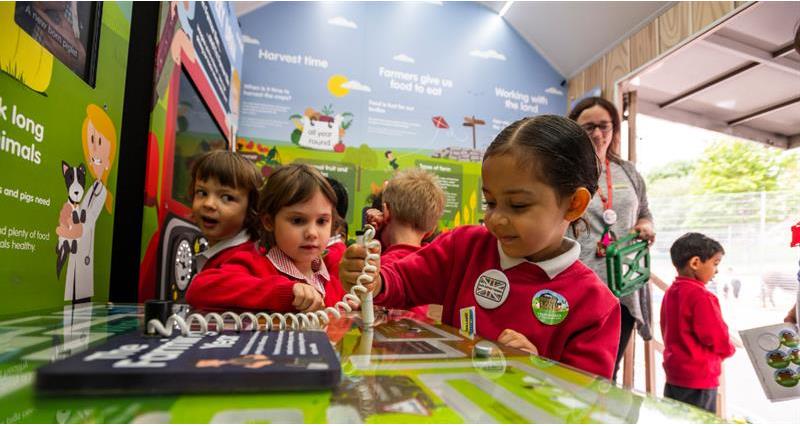»Ê¼Ò»ªÈËPIP (Poultry Industry Programme) met at the NFU office in York for a Farmers for Schools training day. The training was given to allow us, as individuals within farming, to be able to share our knowledge and aspirations for our industry with a younger audience.
The aim is to give the younger generation an awareness of how and where their food comes from and highlight the endless opportunities within farming.
How to lead an assembly
The training began with a few icebreakers to get everyone more comfortable within their surroundings – after all, this training was also to boost our confidence, preparing us for carrying out an assembly to many students.
After the ice was broken, we moved onto different techniques that would help set the scene and engage the audience, before moving into the main body of the assembly. One of the techniques we learned was the ‘me in three’.
This was where you briefly said who you were, what you did, and why you did it. We were told to keep this as punchy as possible as we all know how hard it is to keep an audience’s attention, especially younger ones. Adding some fun facts about yourself in this introduction can also help to relate more to the audience.
Myths and misconceptionsÌý
Once we finished with the use of techniques and engaging the audience, we went onto myth-busting.
If you’re anything like me, seeing false facts in the media about our industry is infuriating, so learning how to debunk these was very interesting.
We were given examples of myths that surround the industry and in groups discussed how we would correct these misconceptions. A couple of examples of the myths we looked into were ‘agriculture is one of the largest contributors to climate change’ and ‘farm animals have the lowest form of welfare when kept inside’.
After we had finished busting those myths, we went further to discuss ‘awkward’ questions we may be faced with that are true but that we might not know the best way of answering.
Tackling difficult questions
The answer is simply to be honest, but in a modest way. The training day as a whole was very informative and gave us some confidence that we would have a rough idea of how to tackle an assembly full of teenagers and hopefully persuade them that our industry is more than just petting chickens and collecting eggs.
For me personally, I believe education is the key to improving our industry as it encourages younger people to join and also sheds a light on how we, as British farmers, strive to produce high-welfare, high-quality food.
Watch a vlog from Ivory about the training day
Ìý


